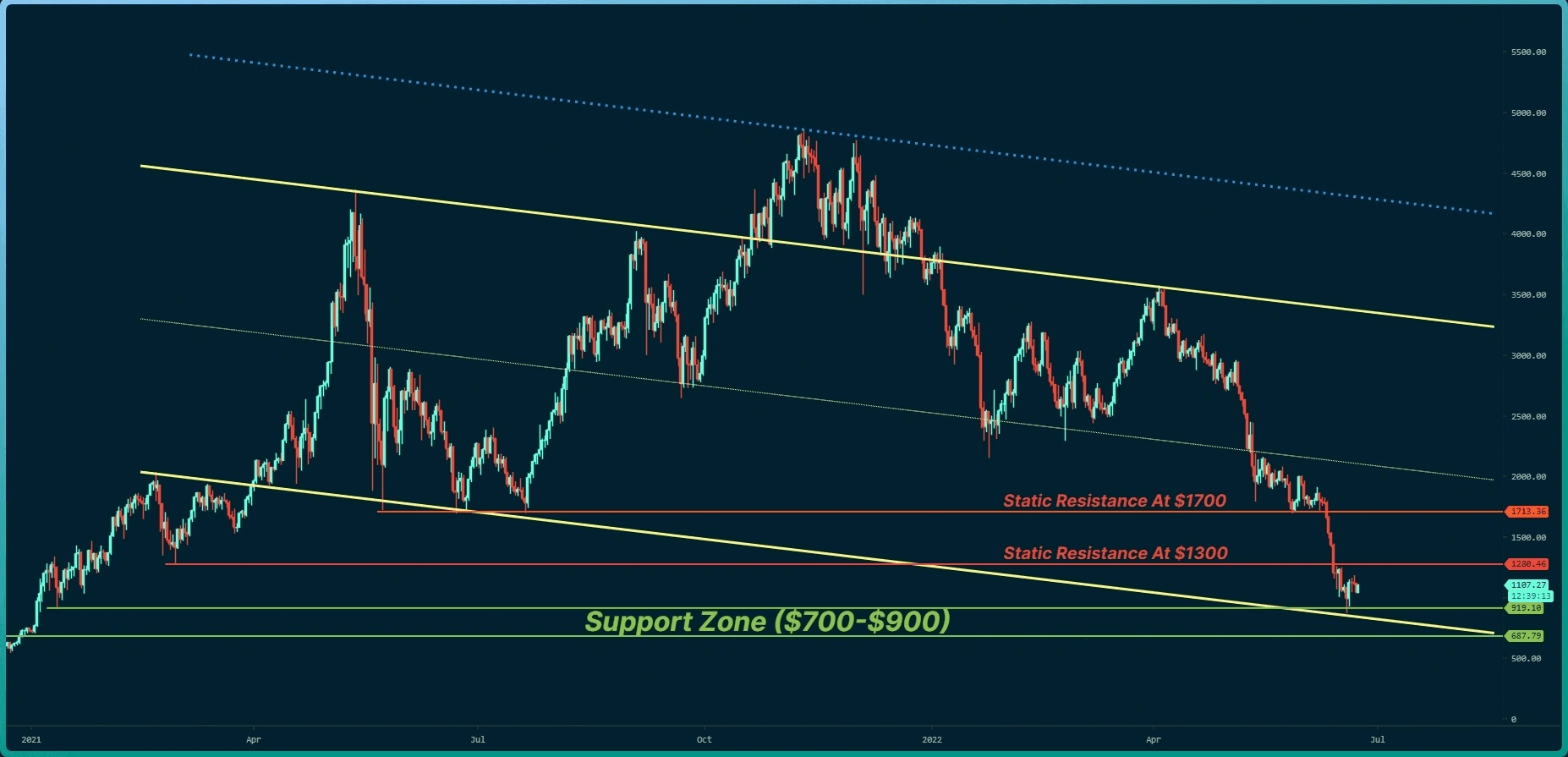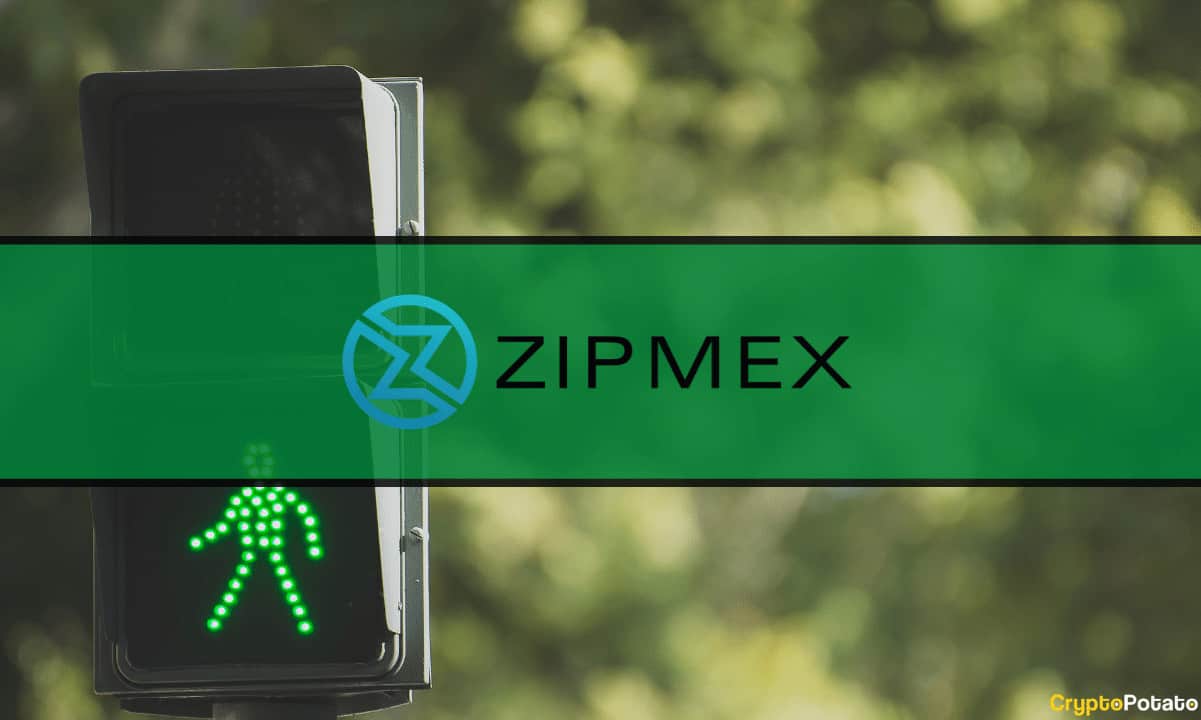European Union Outlaws All Anonymous Crypto Transactions Involving Exchanges
The European Union today voted in favor of outlawing all anonymous crypto transactions – including from self-hosted wallets – facilitated through exchanges. This rule will apply to transactions of any size, meaning both payers and recipients of even the smallest digital asset payment must be identified.
The Partisan Vote
The law comes as part of a package of anti-money laundering revisions to the EU’s Transfer of Funds Regulation (TFR). It brings rules applying to conventional transactions of over 1000 EUR to the entire crypto sector.
In December, EU ambassadors had shown interest in scrapping the transaction floor on private crypto transactions, as the limit was already easily worked around through crypto anyways.
The vote today was passed by thin margins, with the two relevant compromises passing by 58/52 and 62/51 respectively. In general, the left-leaning Renew and S&D parties voted in favor of the changes, while the right-leaning European People’s Party (EPP) voted against them.
“Such proposals are neither warranted nor proportionate,” said EPP economic spokesperson, Markus Ferber, in an email to CoinDesk. “With this approach of regulating new technologies, the European Union will fall further behind other, more open-minded jurisdictions.”
The party called the latest changes a “de facto ban on self-hosted wallets”.
Effect on the Industry
The vote is in spite of objections from crypto exchanges like Coinbase. The company’s Chief Legal Officer Paul Grewal warned that these changes would undermine self-hosted wallets and unleash a “surveillance regime” against his exchange, and others like it, in a blog post on Monday.
Gregwal also pointed out that the new identity verification requirement for unhosted wallets would be nearly impossible to carry out by exchanges. It would require that they collect and retain extensive data from non-customers.
Patrick Hansen – Business Dev at Defi wallet Unstoppable Finance – believes that the requirements will prove overburdensome, and stifle the growth of the space.
“Most crypto companies won’t be able or willing to transact with unhosted wallets anymore in order to stay compliant,” he said.
The crackdown on illicit finance in crypto has accelerated tremendously following Canada’s Freedom Convoy protest and the start of the Russian-Ukrainian war.
Coinbase now requires information on the recipients of digital asset transactions in Canada, Japan, and Singapore. Meanwhile, US senator Elizabeth Warren has proposed legislation threatening sanctions on crypto software developers for helping facilitate criminal transactions.
However, heads of major blockchain analysis firms including Chainalysis and Elliptic have stated that crypto is not ideal for evading sanctions or processing criminal funds. This is due to its highly transparent nature, which tracks all transactions on a public ledger.









